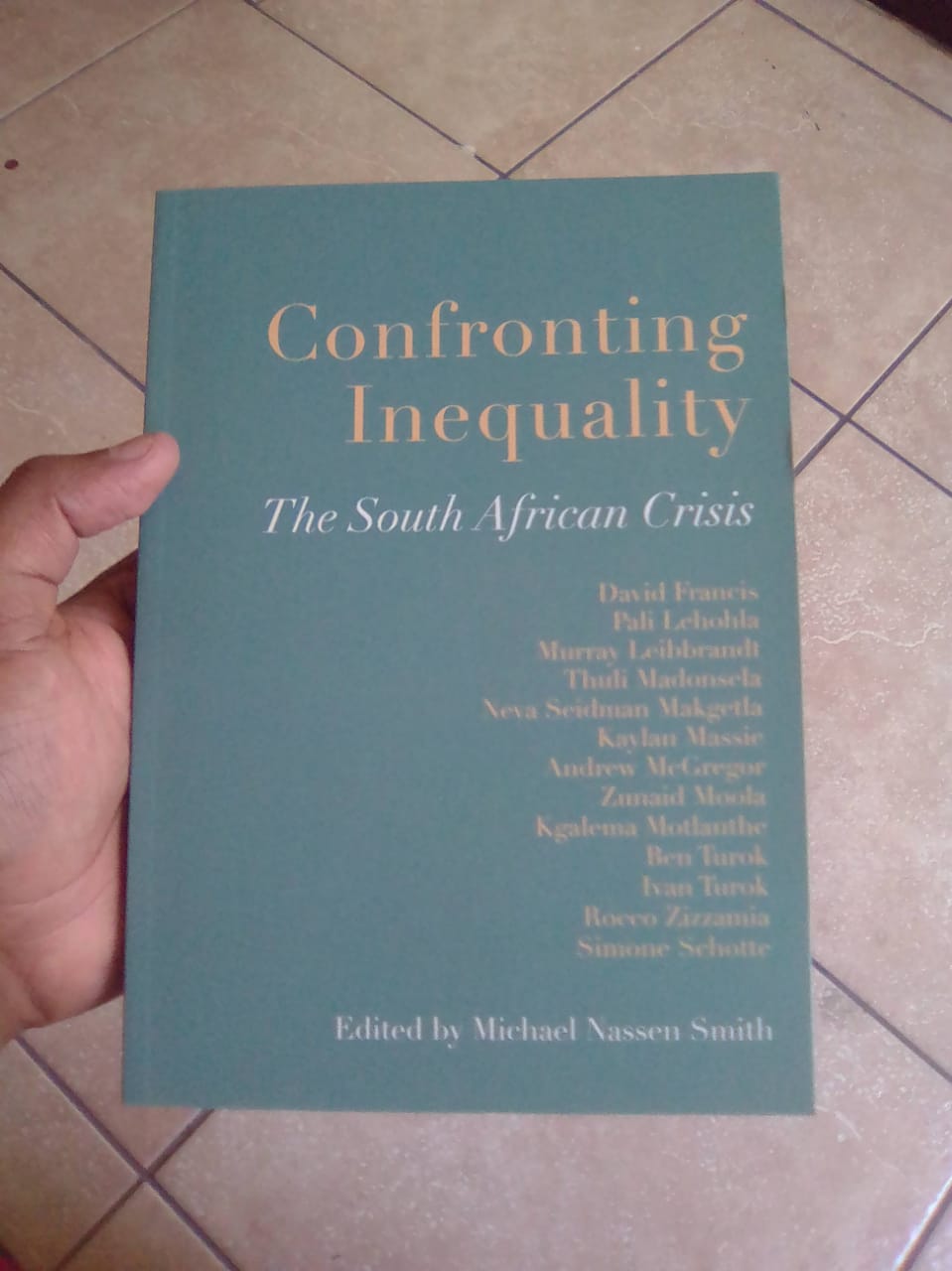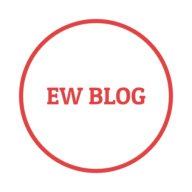As a researcher, whenever I am in Alexandra Township, Johannesburg and see the place next to it called Sandton, where living conditions are way too different. I am reminded of what inequality looks like.
When I visit Ga-Rakgoatha Primary School in Limpopo Province, where pupils learn in a class that has no roofing and then I visit Afrikaanse Hoer Seun skool also known as Affies in Pretoria, where there’s world class sports facilities, I see how certain pupils are more privileged than others.
When I speak to Shoprite employees about their poor salaries and see the amount of money the CEO of the same store gets annually, I see how inequality continues to be an enemy in our beloved country.
Confronting Inequality takes a deeper look at the issue of inequality in South Africa holistically, looking at its different forms, the consequences of inequality in poor communities across the country. Most importantly the book is providing solutions on how we can finally tackle this issue in order to create a just and equal society we all pray for.
The book is a collection of essays from influential individuals such as former President Kgalema Motlanthe, Professor Ben Turok and Advocate Thuli Madonsela, who are all social justice champions.
Michael Nassen Smith, the editor of the book, has also cleverly included essays from researchers such Simone Schotte, Rocco Zizzamia and Murray Leibbrandt among others, who have written extensively of inequality in South Africa. Most of the essays in this book are based on the World Bank’s report that listed South Africa as one of the most unequal country in the world, confirming what President Thabo Mbeki once viewed as ‘two nations in all’.
Every chapter however, deals directly with how inequality manifests itself in different forms, from economical inequality, gender inequality, pay and wealth inequality. The book is not just reminding us of what we know and see everyday, however, the contributors are offering the government, private sector and the elite solutions on how to end and confront inequality, poverty and unemployment.
Advocate Madonsela, the former pubic protector challenges the government to review its trade deals with other countries, especially with the BRICS countries and also that it must deal with maladministration in public institutions, as some of the solutions the government of South Africa can do in order to confront inequality.
The book is loaded with facts, from graphs that illustrate the difference in percentages of pay grades in South Africa’s labour force, levels of unemployment in and across all racial groups and components of income inequality in South Africa.
Smith, who is currently serving as a deputy director at the Institute for African Alternatives, has done a fantastic job in editing this volume, he reminds us that we all have a duty to confront inequality wherever we see it. Government and private sector need to join hands in reducing levels of inequality, poverty and unemployment in the country.
However, failure to do that as the ANC led government has done since 1994, will further results with poor African Blacks, Coloured townships and village dwellers continually protesting against socio-economic issues. I am giving this book a 8/10 rating.
Follow @EWBlog_



